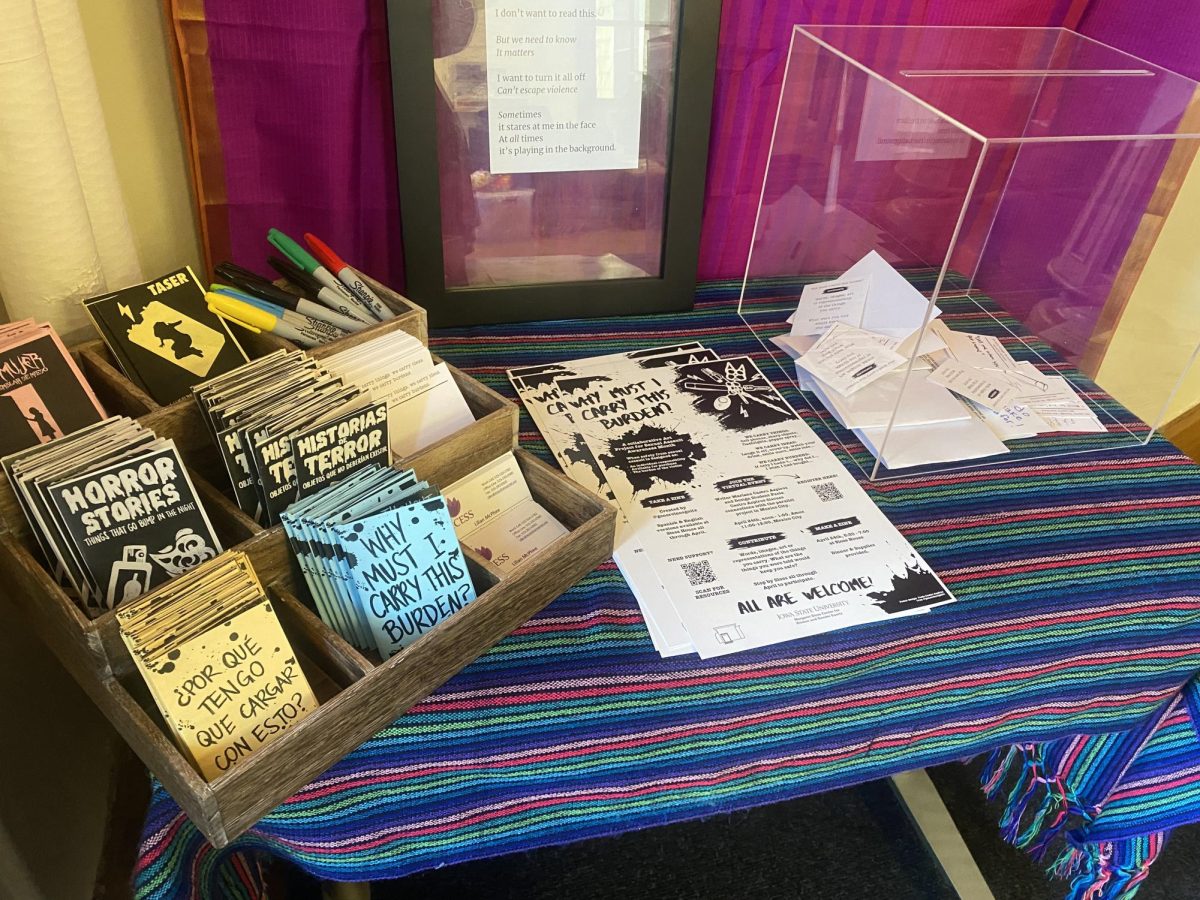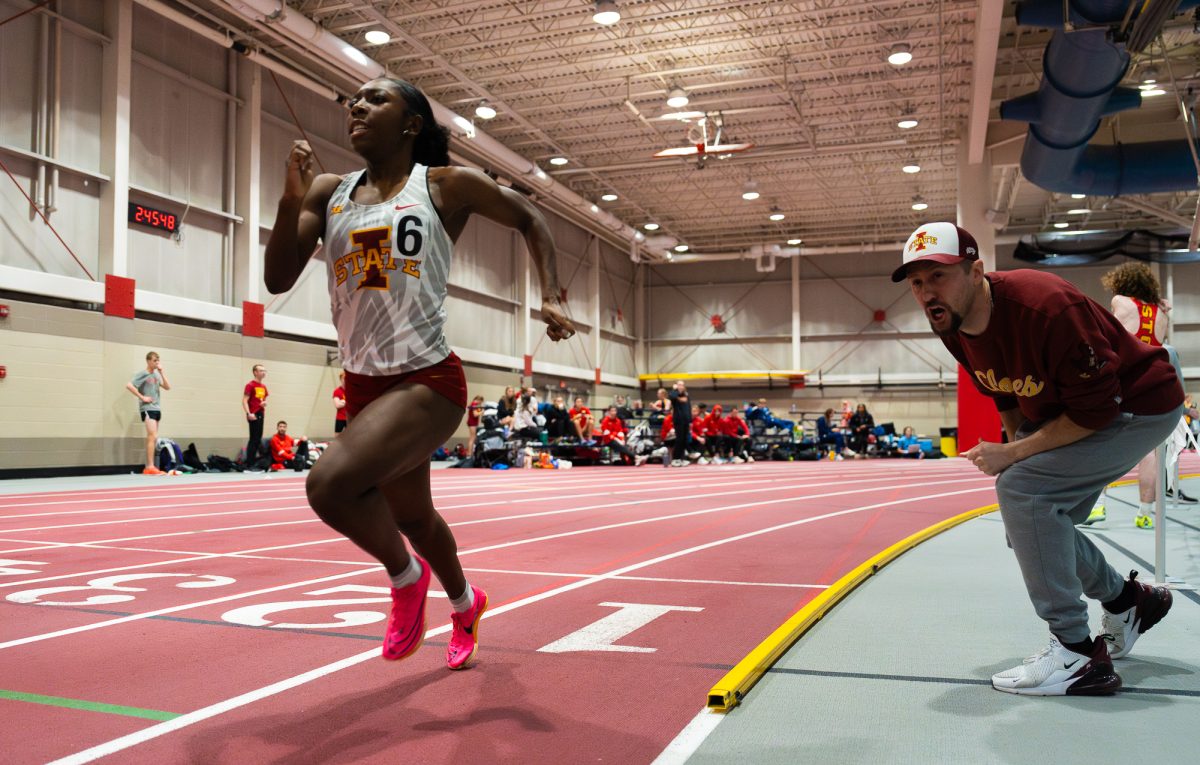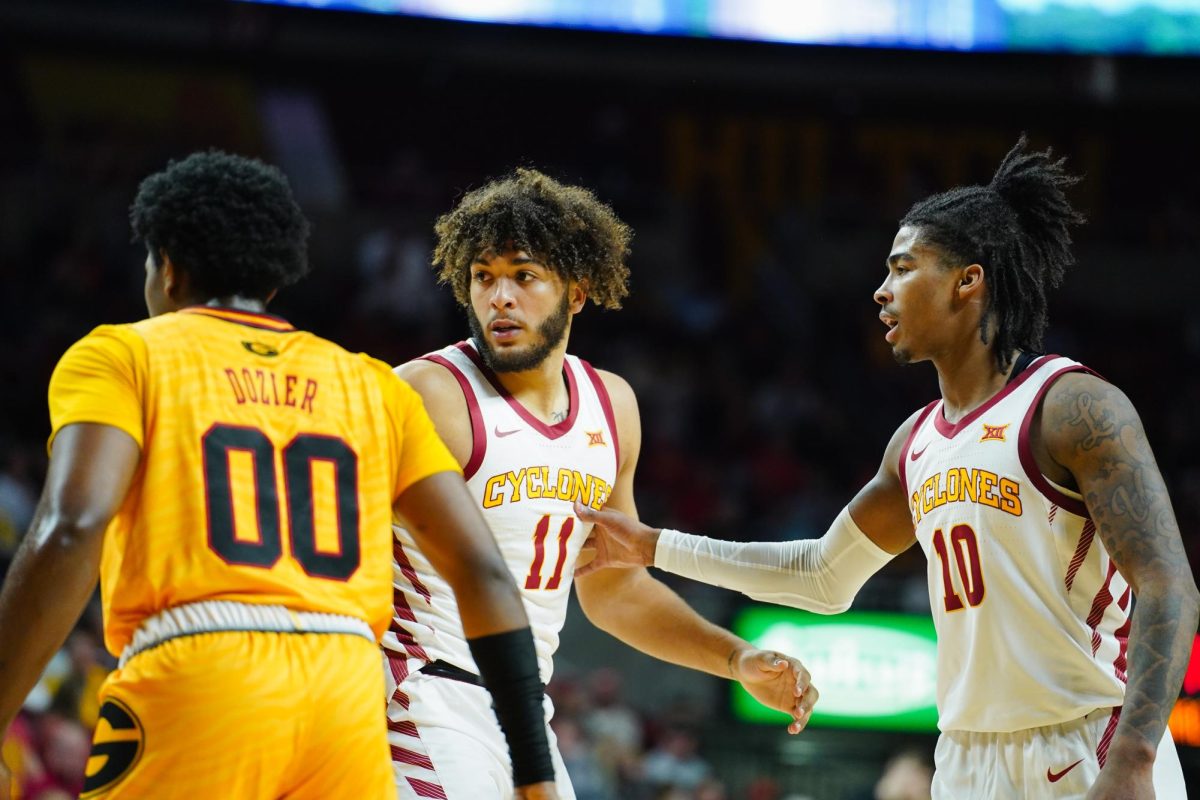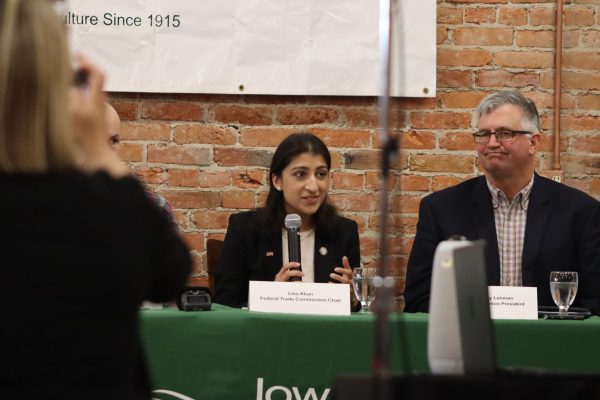Professors develop practices for Title IX investigators
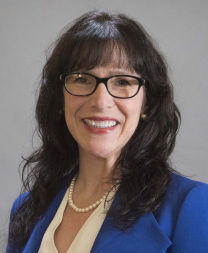
Adrienne Lyles, associate director of Equal Opportunity, senior deputy Title IX coordinator and associate teaching professor in philosophy, worked with fellow professor Christian Meissner to develop better practices for Title IX investigators.
October 31, 2019
Interviews are central to any Title IX investigation, but new research finds investigators may be using techniques that are not the most effective.
Iowa State researchers Christian Meissner, professor of psychology, and Adrienne Lyles, associate director of Equal Opportunity, senior deputy Title IX coordinator and associate teaching professor in philosophy, evaluated training programs for investigators and identified techniques and suggested practices while taking evidence from science-based interviewing strategies.
“Title IX is federal legislation that prohibits discrimination on the basis of sex in any educational program or activity,” Lyles said. “It applies in both higher education and in K-12 context. Here at Iowa State, we interpret the prohibition on sex discrimination to include discrimination on the basis of sex, gender, sexual orientation and gender identity, and it also prohibits discrimination on the basis of pregnancy status.”
Title IX is just one type of legislation that acts as a safeguard for protected classes, which include race, color, religion or creed, national origin or ancestry, sex, age, physical or mental disability, veteran status, genetic information and citizenship.
“When we think about bans on discrimination on any protected class, we understand those identities to need some special protection based on historic or systemic biases or oppressive effects against those populations,” Lyles said. “When we think about Title IX, it was originally important in the athletic context, in terms of supporting sex equity and gender equity in athletics. We do understand that Title IX is effective from the very beginning of a student’s experience to the very end, so recruitment to graduation.”
Meissner said he has been studying interview interrogation for several decades, including developing better practices and a science-based understanding of how to elicit information from an individual.
Meissner and Lyles met during a three-day training at Iowa State dedicated to educating local and state law enforcement and university police around Title IX interview techniques.
“When I attended this training, it became very clear to me that there are certain kinds of investigatory interviewing techniques that really ensure fairness and equity throughout the process,” Lyles said. “I had this ‘a-ha’ moment, that ‘oh, this is how we do our work in Equal Opportunity,’ and it began this collaboration to focus on these particular interviewing techniques that are really important to the Title IX context.”
After deciding to work together, Meissner and Lyles looked at various Title IX investigator training programs for their research.
“We took a look at how Title IX investigators are currently trained through the most popular training programs that are out there,” Meissner said. “We had an opportunity to evaluate those programs together and to compare them to what we now know is best practice.”
Meissner said the goal of the research was to bring about the development of standards and to align Title IX investigation with the best practices.
“Title IX legislation and guidance requires that investigations be prompt and adequate but also reliable, impartial and equitable,” Lyles said. “In terms of what that means for investigations, there isn’t much guidance regarding what techniques should be used, what training should be used. Rather, Title IX practitioners rely on customary practice, so how things have always been. I am very interested in what the science says, not how the practice has been.”
Lyles said investigators should align with whatever the science says, and as science changes, they need to realign their best practices to that.
“I love this analogy,” Meissner said. “Would you like to be treated by your parents’ doctor with all the knowledge they had back 20 to 30 years ago, or would you like to be treated by a doctor today who has the latest science and techniques available to them? That is where we are at.”
The findings of the research were published in the Journal of Applied Research in Memory and Cognition.
In the paper, Meissner and Lyles outline the following recommendations for developing better interviewing practices for Title IX investigations.
Limit bias during the interview: Investigators should utilize interview approaches to limit biased or leading questions and not presume the respondent engaged in misconduct.
Develop rapport and facilitate cooperation: An empathic, nonjudgmental and collaborative approach can facilitate conversation and reduce reluctance to cooperate.
Enhance retrieval of accurate information from memory: Research has consistently shown the value of open-ended questions, followed by relevant probe questions (who, what, when, why).
Use strategic questions to assess credibility: Asking subjects for verifiable details and using strategic questioning approaches that facilitate memory and reporting can significantly improve assessments of credibility.
Lyles said Iowa State has developed a standard practice guide incorporating science-based investigative interviewing techniques. By sharing this information, she hopes other schools will do the same.
“We’re trying to create some standards for good investigative practice,” Lyles said. “As investigators, we are neutral fact-finders. We do not advocate for any party. It is our job to be impartial and unbiased. It is important that the process not advantage or disadvantage any party.”

